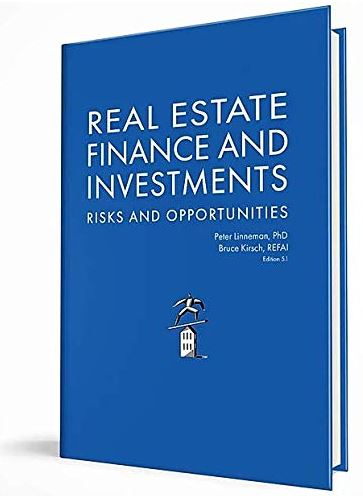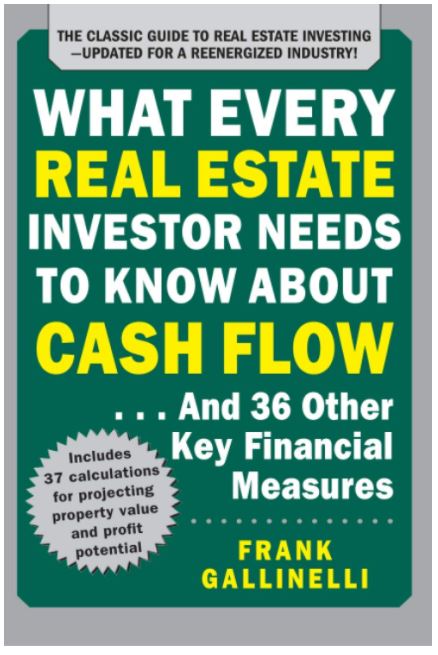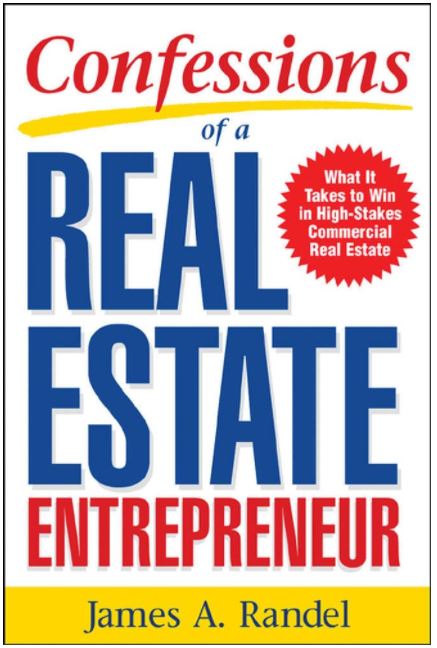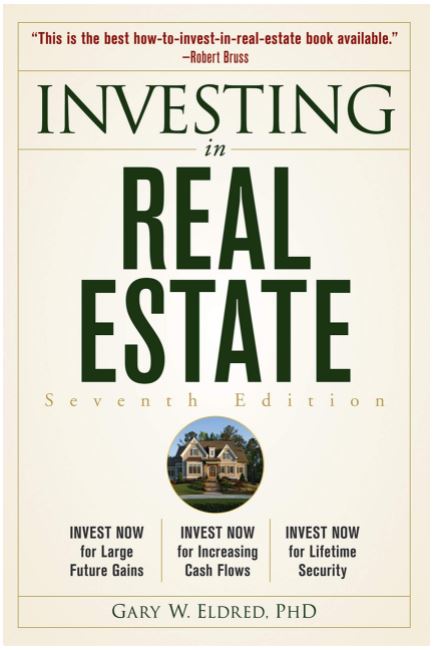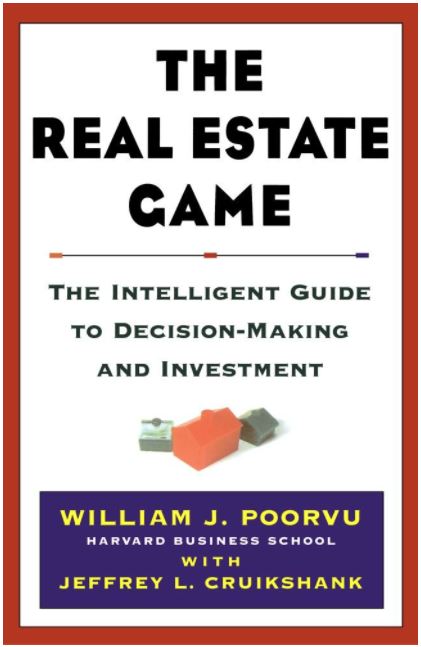
Real Estate Investing Books – My Top 5 Recommendations
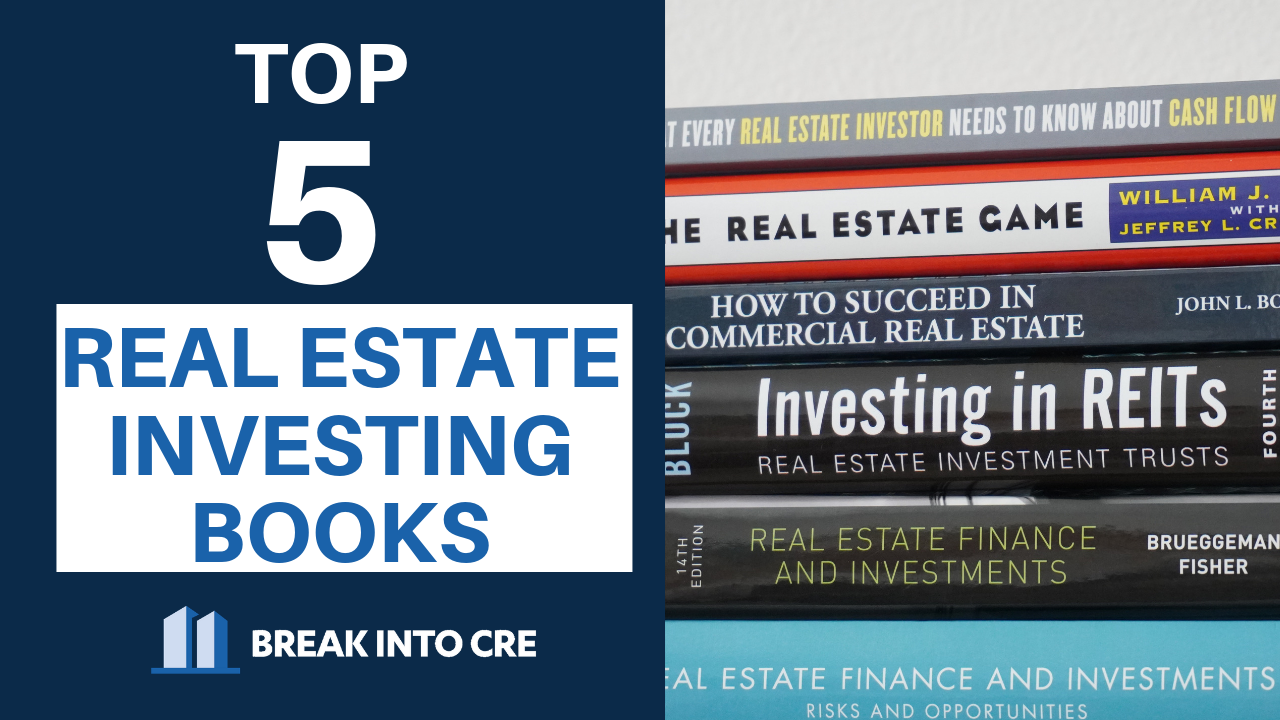
If you’re looking to break into commercial real estate, Amazon is often the first place many people turn to get more information on the business and to build a foundation for what they’ll need to know to break in.
In my experience, however, most real estate-focused books out there are either incredibly dry, technical textbooks from academics who are focused far more on theory than practical application (many of whom have never actually worked in the CRE field itself), or flat-out sales pitches from hard-charging marketers looking to get you to come to their next seminar or join their five-figure “mastermind” group.
And after admittedly having sifted through both over the years, I’ve found a few unique books that break the mold of this pattern. And in this article, I want to share five of my favorite real estate investing books that I think you’ll actually find helpful, whether you’re looking to land a job in real estate private equity or brokerage, or do your first deal.
If video is more your thing, you can watch my breakdown of these five books here.
*Note – The links below are affiliate links, and we may earn a small commission if you decide to purchase these books through these links. Just wanted to give you the heads up!
Real Estate Finance and Investments by Peter Linneman
This book is often the textbook used in undergraduate and even some graduate foundational real estate courses, and unlike other textbooks in the space, this one actually reads in a way that’s digestible and practical.
The book really is an A-Z guide to commercial real estate investing, and if you’re looking to get a general framework of the industry and build your understanding of the commercial real estate landscape as a whole, reading this book will be a very helpful way to do that.
Obviously, this is still a textbook, and at 450+ pages long, it’s not something you can devour in a weekend. But with that said, I’ve often found that concepts encountered out in the field tend to “click” a lot more easily once real estate professionals have read this book, and this is foundational reading that I’d recommend if you’re looking to break into CRE.
What Every Real Estate Investor Needs To Know About Cash Flow by Frank Gallinelli
This book is extremely helpful in getting the key formulas and calculations down when first starting out in the industry, and I found this incredibly straight-forward and to-the-point when I was first breaking into the industry.
The book covers the main formulas and calculations used in commercial real estate finance, and most importantly, also walks through those calculations with examples and how they can be applied in practice.
If you’ve downloaded real estate financial models or underwriting templates online and you’re wondering what some of the metrics measured in those models are referring to, this book will likely have most (or all) of the answers.
It can also be a great reference point to come back to when you come across a topic you need a refresher on, or to read several times to drill these concepts into your memory.
The book is a really quick read, and highly recommended if you’re just starting out in the real estate business.
Confessions of a Real Estate Entrepreneur by Jim Randel
This is honestly my favorite real estate book I’ve ever read, written by a true real estate entrepreneur in every sense of the word.
I think I like this one so much because it shows so clearly (through Randel’s personal experience and those of his colleagues) the tremendous opportunities in real estate entrepreneurship, but he also doesn’t skimp out on the lowest points of his career and the pitfalls that many investors fall into (and how they lose everything).
This book also goes into detail on the actual nuts and bolts of the transaction process, which tends to be skipped over in other books on CRE, so if you’re looking for details on how a deal actually comes together, this will be an excellent read.
Randel also has the formal educational background and credentials to back up his entrepreneurial endeavors, with a JD from Columbia Law School and a knowledge of the legal side of the business that’s clearly demonstrated throughout each chapter. He also includes an entire section of the book devoted to negotiation, which is a critical component of any successful CRE career.
This is a book full of war stories, including successes and failures, and I can’t recommend this one enough for anyone thinking they may want to go out on their own in the future.
Investing In Real Estate by Gary Eldred
This one is a pretty long read, but I would still recommend it for a general overview of the industry.
The book is primarily focused on residential real estate (single family homes and small multifamily projects), but goes into extremely creative ways of making money in the industry, and again, draws from the author’s personal experience.
Fair warning, though – unlike the three books mentioned above on this list, this book can get pretty dry at times. At 380+ pages, this can be a tough one to get through.
But with that said, this book will give you a great overview of the business, and similar to Randel’s book above, the author doesn’t skimp on the details.
Eldred takes a deep dive into using unique deal structures to find value where other investors cannot (including utilizing things like master leases and lease options), and also goes into detail on creating more favorable contracts when buying or selling real estate deals.
If you’re looking to get into the residential investment space and want to start small on your own deals, this is a great read to help make that happen.
The Real Estate Game by William J. Poorvu
This book is all about war stories, putting you in the trenches of past deals and the author’s own experience in the real estate industry.
What’s cool about this book is that the concepts are taught in the format of a game (as the title suggests), so this makes it a lot easier to learn and apply the concepts in the book to bring into your job or your own deals.
Again, similar to Confessions of a Real Estate Entrepreneur, this book doesn’t spare the details of both successful and unsuccessful deals, and doesn’t paint an overly-rosy picture of the industry or unrealistic view of real estate entrepreneurship.
Additionally, Poorvu also has the academic chops to write this book, as both a real estate entrepreneur and professor at Harvard Business School.
Which Ones Are Right For You?
If you’re trying to break into the industry in an analyst or associate role, the first two books on this list should be required reading.
If you’re trying to go out on your own (either now or in the future), I would highly recommend supplementing that reading with Randel’s book, and potentially Eldred’s book as well if you’re interested in the SFR space. I personally had a slightly harder time getting through the Poorvu book, but my peers in the industry and mentors of mine swear by it, so I think I’m in the minority and would recommend that as a primer for CRE entrepreneurship, as well.
And if video training is more your thing and you don’t feel like you can get through a textbook right now, feel free to check out our free Break Into CRE Real Estate Financial Modeling Crash Course, which will give you a great overview of the real estate financial modeling and analysis process used to analyze deals, in a few quick, short videos.
And if you’re looking to take a deeper dive to master real estate financial modeling and analysis to break into the industry, make sure to check out Break Into CRE Academy.
An Academy membership will give you instant access to our entire library of courses on real estate financial modeling and analysis, pre-built, downloadable acquisition and development models for multifamily, office, retail, and industrial properties, and access to private, one-on-one, email-based career coaching to help you navigate the job search process and break into CRE.
I hope this helps – happy reading!

